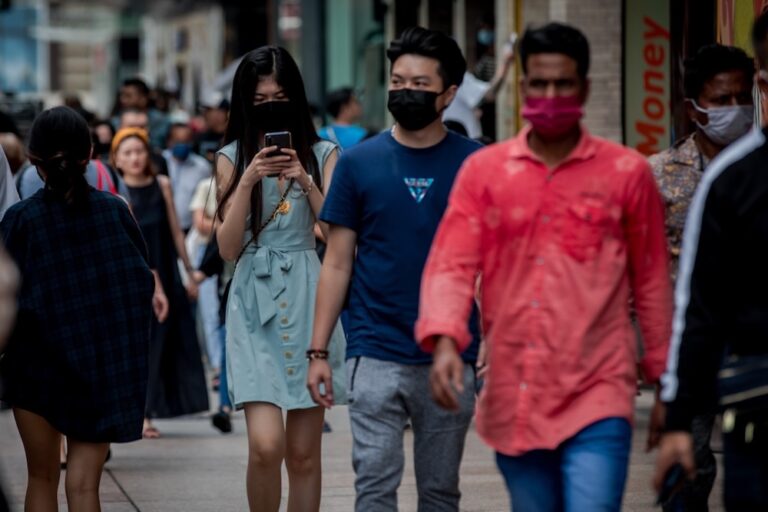(SEAPA/IFEX) – Attacks on Malaysian Internet journalists and bloggers show no sign of decreasing despite the perceived positive attitude towards the media adopted by Malaysian Prime Minister Datuk Seri Abdullah Ahmad Badawi. Abdullah Ahmad recently called on the government and its agencies to respect criticism from the media and to accept such criticism as feedback […]
(SEAPA/IFEX) – Attacks on Malaysian Internet journalists and bloggers show no sign of decreasing despite the perceived positive attitude towards the media adopted by Malaysian Prime Minister Datuk Seri Abdullah Ahmad Badawi.
Abdullah Ahmad recently called on the government and its agencies to respect criticism from the media and to accept such criticism as feedback that could be acted upon.
In the latest development, the owner of the current affairs website http://brandmalaysia.com was forced to withdraw links on his site to another website, http://www.michaelsoosai.org, after receiving an e-mail warning on 18 July 2005 from a police officer in the Cyber Crime and Multimedia Investigation Division.
Mack Zulkifli told the Center for Independent Journalism (CIJ), a SEAPA partner in Malaysia, that he was warned he could be investigated and charged under the Official Secrets Act for divulging a state secret. A person can face a jail term of between one and seven years if found guilty under Section 8 of the Act.
Although http://www.michaelsoosai.org is no longer available online in Malaysia, the website contained police reports and internal police communications, none of which were marked secret.
In June 2005, the website published a report alleging that a criminal faked his own death with the assistance of senior police officers, which made front page news in Malaysian papers.
On 14 July, the editor of the opposition-linked website “Malaysia Today”, Raja Petra Kamaruddin, had two computers confiscated from his home in Sungai Buloh, near the capital, Kuala Lumpur. Until now, his computers have not been returned.
On 8 July, he was also investigated for two hours under the Sedition Act 1960 about articles relating to the Negri Sembilan royal family, alleging corruption and political interference.
Sedition in Malaysia is very broadly defined, but includes a section aimed at preventing questioning of the position of Malay rulers. Offenders can face a sentence of three to five years in prison.
In a related development, police closed an investigation of the independent Malaysian news website http://malaysiakini.com on 12 July 2005. The investigation, under the Sedition Act 1960, was sparked by an allegedly seditious letter published on the website about the government’s Malay favouritism policy and resulted in the seizure of 15 computers and four servers from the site’s Kuala Lumpur office on 20 January 2003.
According to an article on the Malaysiakini website, the police also returned the final two servers that the website had officially donated to the police, who had returned the other 17 computers in 2003.
Malaysiakini currently faces another investigation over an April Fool’s prank.
“The decision by the authorities to close the investigation into Malaysiakini is long overdue and the fact that they held back Malaysiakini’s computers for two years indicates that such measures are being used to intimidate web publishers,” SEAPA noted.
SEAPA is concerned that Malaysian authorities continue to wield the Official Secrets Act and the Sedition Act against other news websites despite the government’s guarantees to protect freedom of expression on the Internet.
In the last three months of 2004, three websites were threatened with a series of laws, including sedition and official secret legislation.


